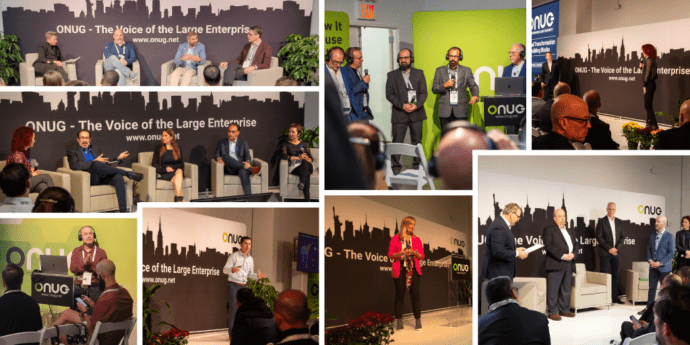
What is the Role of IT in the Digital Age?
In the past, IT departments were required to provide service and infrastructure that enable the rest of the organization’s staff to carry out their work and maximize productivity. They were present to allow the rest of the team to proceed with their work but had little or no input in the overall business strategy. Today, IT departments are at the heart of innovation and play a key role in driving the overall business strategy at any business.
So, what is the role of IT in the digital age today? What is the future of IT? What are the organizational models, culture, and skills of successful digital organizations? The universal feeling amongst a wide range of IT people, including vendors, service providers, analysts, and IT users, is that IT is changing.
- The Software Is Transforming Entire Industry Segments
Whether we’re talking industries like retail and transportation, or new-line sectors like music, entertainment, and video, software is changing everything. It has become the central component of offerings in every industry and their core competency. It happens because their digitized alternatives are replacing the products that are used to require manual effort or significant investments. We live in a software-centric world that affects every company and every industry.
- Roles and Skills in Successful Digital Enterprises
People are a critical element of any transformation. The transformation impacts people, and it’s done to improve their lives. It is why we need to look at the talent and skills topic holistically (along with other IT pillars, such as technology, mindset, and organizational evolution.) We need to focus on specialized skills, universal skills, and talent management.
Universal skills
Interactions between people and technology will become increasingly seamless and implicit as the rise of digital organizations is bringing more opportunities to entirely reimagine the world, business processes, and business models. Employees will acquire a new level of exposure as well as the need for related applications.
Specialized skills
Machine learning and artificial intelligence, data capturing sensors, and cloud computing are new technologies on the rise and they lead to the need for specialized skills – data science, data exploration, deep development, investigation, and experimentation (to name a few). These skills will dictate how successful enterprises, teams, and people can be. Also, they are not easy to find and take a long time to develop.
Talent management
When it comes to defining successful teams, active collaboration will be paramount. On the other hand, not all skills need to be in-house, so project teams and companies are becoming a mix of external and internal talent. Talent management in enterprises can be summed up in four building blocks – awareness, expertise, capacity, and leadership.
- The Culture of successful Digital Enterprises
Business landscapes are being swept up by digital transformation because the leaders recognize their power. However, cultural issues are often an obstacle many companies have on their path to digital conversion. Going digital doesn’t just mean having digital products and customer interactions, but also changing the entire company culture – the activities employees perform, their behaviors, and ways they interact with others (both inside and outside the enterprise). Embedding a new, digital culture in an enterprise is doable, but it takes a disciplined effort and precise methodology. By ignoring the need for culture change, enterprises risk transformation culture.
- IT Will Get Embedded into Site Reliability Engineering and DevOps Teams
More and more enterprises are moving to hybrid and multi-cloud environments. Cloud computing platforms come with many tools that help power automation and are easily accessible. SRE and DevOps both play roles in organizations that develop web technologies, which makes them specific to cloud computing. As enterprises build their infrastructures on the cloud, IT functions will become integrated into SRE and DevOps teams.
The goal of Site Reliability Engineering (SRE) is to make sure that infrastructures perform optimally and are rock solid. On the other hand, DevOps is concerned with a management strategy that empowers Agile/Lead development teams. DevOps skills are necessary for leveraging tools that can serve infrastructure as code to their team efficiently and quickly. DevOps and SRE are the new roles being created to help IT run more smoothly and efficiently, but we can expect that these practices will keep evolving and creating new positions.
As for the future of IT, the biggest problem is security, and all employees will have to be knowledgeable about potential threats and understand the measures needed for protecting enterprise infrastructure from cyber breaches. People are the weakness, and IT is going to evolve in the more locked-up state (at least in the public domain) if we don’t find a way to alleviate or eliminate security issues.
CIOs will need to keep looking for DevOps managers, SREs, cloud computing specialists, software engineers and other specialists required to facilitate more and more complex IT transformations. Also, they’ll also need to search for staff with soft skills who will be able to shape the UX around digital services, and the talent isn’t limited only to those with algorithmic thinking and coding skills.


